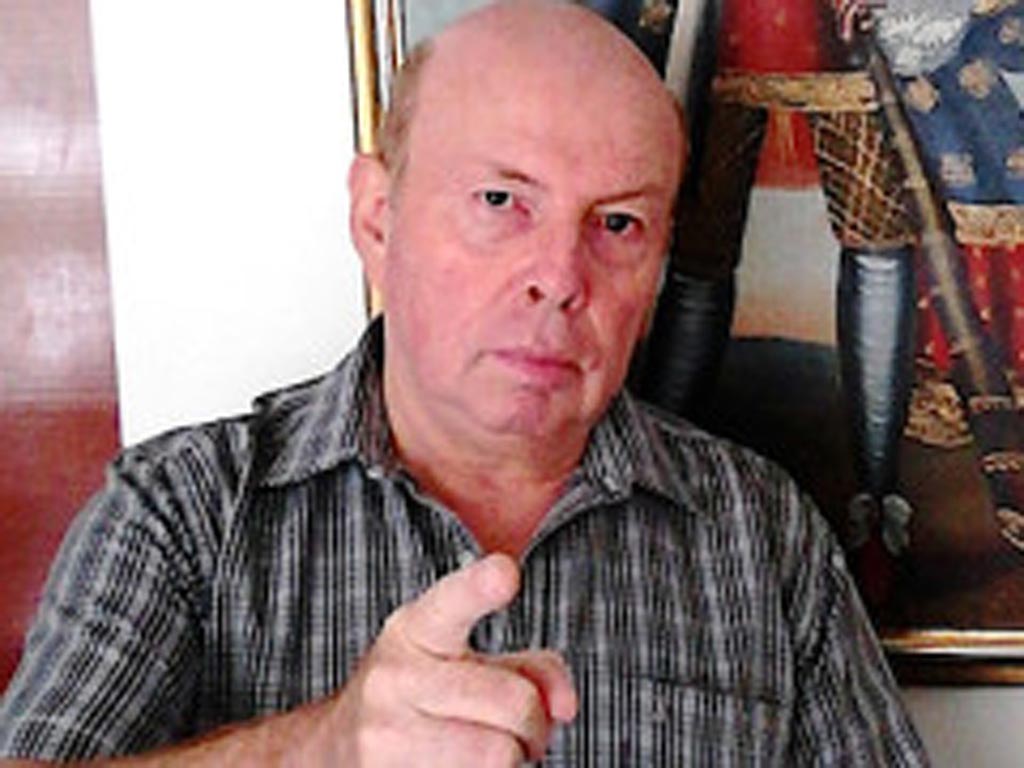“It is time for the United States to start to readjust, reevaluate, its policy and its international relations, so as not to continue to isolate itself in the international arena and lose influence in the Global South, and it can begin by eliminating the ‘Big Stick Law’ that it applies on Cuba,” Ricardo Sánchez Serra wrote.
He made the proposal in an article published on the website of the Federation of Journalists of Peru, of whose Federated Center of Lima he is the president.
Sánchez Sierra explained that the Cuban people suffer from an unpopular and unfair economic boycott by the United States, which is condemned by almost all nations in the world at the United Nations General Assembly and has caused Cuba losses of more than 144 billion dollars.
The text added that the blockade has affected the Cuban people in such areas as health, infrastructure, foreign trade, energy, banking restrictions and other fields.
“To make matters worse, the United States keeps Cuba on its list of ‘sponsors of terrorism,’” he pointed out and noted that Washington should present evidence, because the vast majority of countries and international analysts point out that it would only have the purpose of justifying the blockade.
Sánchez Serra recalled that Barack Obama erased Cuba from the aforementioned list during his presidential administration, but his successor, Donald Trump, included it again at the end of his administration.
“The Cuban Government considers the country’s inclusion on that list unjust and political and has reaffirmed that it has no links to terrorist activities, is committed to peace and has requested that Cuba be removed from the list because it affects its image, its economy and its international relations,” he added.
The article noted that the US State Department removed Cuba from the list of countries that do not fully cooperate with the anti-terrorist efforts by the United States, but Washington has not removed Cuba from the list of “sponsors,” although many Latin American governments have asks for the Caribbean island’s removal.
It also denounced the US attitude and the blockade against Cuba, and pointed out that the president of the Peru-Cuba Parliamentary Friendship League, Silvana Robles, said that due to these measures, “the Cuban people suffer from a shortage of power supply and medicine,” among other shortcomings.
The journalist praised the Peruvian Government’s position against the blockade, as expressed by a member of the Peruvian mission at the United Nations, Luis Ugarelli, who cited a report from the Office of the High Commissioner for Human Rights in this regard.
By rejecting unilateral actions, Ugarelli said that this UN body considers that the blockade against Cuba “continues to have a negative impact on the enjoyment of human rights of the Cuban population, particularly the most vulnerable people.”
jg/arc/mrs









